A FEARLESS approach to filmmaking has endowed Onir with a remarkable body of work filled with stories from forgotten corners of society.
He has overcome the challenges of being an openly gay writer, director and producer in India to deliver award-winning films such as My Brother…Nikhil, and I Am. His latest project, Pine Cone, is a semi-autobiographical ‘boy love’ genre film that will be screened at the 38th BFI Flare: London LGBTQIA+ Film Festival.
Onir decided to make the movie after one of his scripts, based on a real-life gay army man, was rejected by the ministry of defence in India. This disappointment led him to turn it into a story about queer love and desire, against the backdrop of changing queer rights in India.
Eastern Eye caught up with Onir to discuss his experiences as a gay filmmaker, Pine Cone, the power of cinema and his inspirations.
How do you reflect on your journey as a filmmaker?
It’s been difficult as an out-and-proud gay filmmaker in Bollywood making films, which are mostly not considered mainstream. But at the same time, it’s been rewarding to be able to work independently and keep making the films I want to. Sometimes it’s exhausting negotiating finance, distribution and censor boards.
You have done a great job so far with path-breaking movies.
I keep thinking it’s going to be easier, but realise the industry seems to still be taking baby steps in terms of the queer narrative and my films being considered ‘ahead of their time’ in India.
I try to make films that are accessible to the audience in India in terms of cinematic language, as it’s important that these films are seen here. Yet, they need some international recognition to find acceptance in India. And, internationally, my films at times seem ‘too mainstream’. It’s a Catch-22 situation I am trying to negotiate.
Which of your films has been closest to your heart?
That is a difficult question, as I make films that are close to my soul, and each one is precious. Having said that, I think My Brother... Nikhil will always remain the most special film, as till then I was trying to make that one dream that I had, to be a filmmaker, happen. With this film, that dream was fulfilled and I found an identity for myself as a filmmaker.
Would you describe yourself as a fearless filmmaker?
People describe me as ‘fearless’, but I always felt that this was my calling. I had choices, but chose this as it was about refusing to be invisible in a country where I was still criminalised by law because of my sexual identity. (We got decriminalised only in 2018).
I had to tell our stories because, when I grew up, I had no reference to my identity in Indian cinema. I know what that vacuum meant and think we need our stories to be visible, so that it gives us agency to demand our space as equals. These stories also normalise us to a nonqueer audience that is learning to see and accept us.
Tell us about your film, Pine Cone.
I realised most Bollywood films and series that had queer narratives were about the heteronormative world accepting us, which was very often dark and hopeless.
I wanted to make Pine Cone from a queer point of view. The protagonist negotiates with the world around him, but he is living a full life of love and loss. He is not just a ‘victim’. All the main protagonists are queer, and the only other characters are women, who I always felt understood us better, as they too fight the same patriarchy that refuses to see us as equal. It is about rediscovering the ability to love and believing in it.

How does this compare to other films that you have made?
If I compare Pine Cone to my other queer narratives, I think it celebrates desire without shame. Also, it is a happier film that ends with hope, which I strongly believe in. Despite all the challenges, I am living my life, making my films and have found happiness. This film reflects that.
Is there a key message you want to convey with this film?
For me, the thought behind the way the film unfolds is that you cannot let your loss and hurt stop you from seeking love, or from accepting it. It’s okay to be hurt, but that should not stop you from dreaming.
How much of this film is based on personal experiences?
All three episodes are inspired by my life. I was working on my biography, I Am Onir & I Am Gay, and decided to take some instances from there to make into a film.
Then I brought in my co-writer, Ashwini Malik, so that I could distance myself from the story and he made some significant changes.
Did you learn anything new while making this film?
There are two important things. One was that you shouldn’t let the need for scale stop you from telling your stories. I think at some point I had stopped believing in the possibility of finding love in real life, but during the making of the film, I learned to deal with my own hurt and hope once again.
Is it still difficult to be an openly gay filmmaker in India?
Yes, and no. I don’t face any obvious discrimination within the industry, but feel that the stories I want to tell are discriminated against. I feel that studios and platforms shy away from me and stereotype me as a filmmaker who can only make a certain kind of film. They don’t realise that my craft is not just about my sexuality. After my biography was released in 2022, I faced some backlash.
Tell us about that.
I was dropped from various literature festivals as some right-wing groups threatened to protest and the police couldn’t guarantee my safety.
This was followed by some important film festivals in India, which dropped me from any kind of participation.
Online trolling, because of my stand on queer rights and other minority rights, is now a part of my daily life.
Who is your own filmmaking hero?
I don’t have one single hero. As a young filmmaker, the new wave French cinema used to inspire me. How Iranian filmmakers manage to tell their stories despite the extreme censorship really interests me. Among contemporary filmmakers, I am an ardent admirer of Pedro Almodóvar.
What inspires you as a filmmaker?
Real-life stories inspire me. Stories about the marginalised help me discover more about myself and my craft. Stories that help me connect to people and their lives that I don’t know about during the process, and stories about my inner being and the quest to claim my space in my world as an equal human being.
Do you think cinema has the power to effect positive change?
Every day I receive messages on social media about the difference my films have made to some people.
I feel cinema is a powerful medium, which is why the state wants to control it. They try to mute the narratives that question and challenge them and support films that propagate the narrative they want. So, it’s a powerful tool that can also be misused.
Why should we all come and watch your film at the festival?
(Laughs) Maybe to experience the journey of a south Asian gay man that is unique because of its social, cultural and political landscape, yet there is something anyone can identify with. The need to be able to love without shame.
The language of my cinema is that of Bollywood, which would be a new experience for those not exposed to mainstream Hindi cinema.
At the end of it, just come and celebrate what I believe is a beautiful story.
The 38th BFI Flare: London LGBTQIA+ Film Festival runs from Wednesday (13) until next Sunday (24) at BFI Southbank and on BFI Player. Catch Pine Cone next Thursday (21) and Friday (22). www.bfi.org.uk/flare


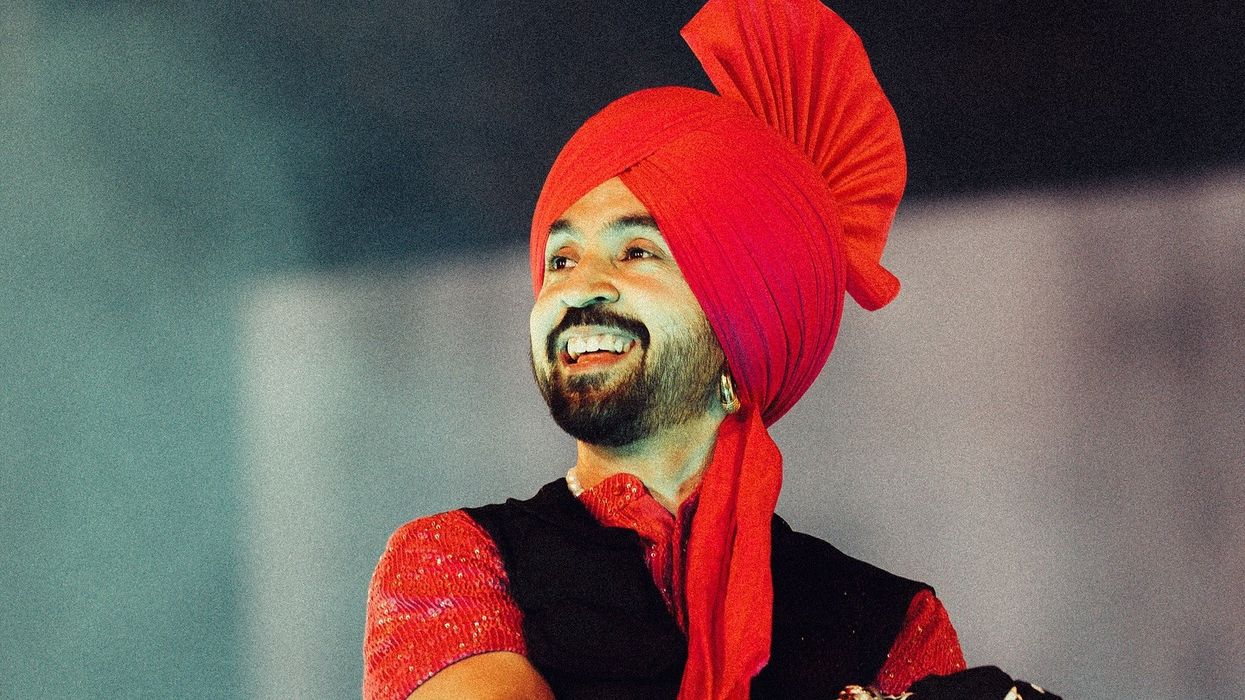
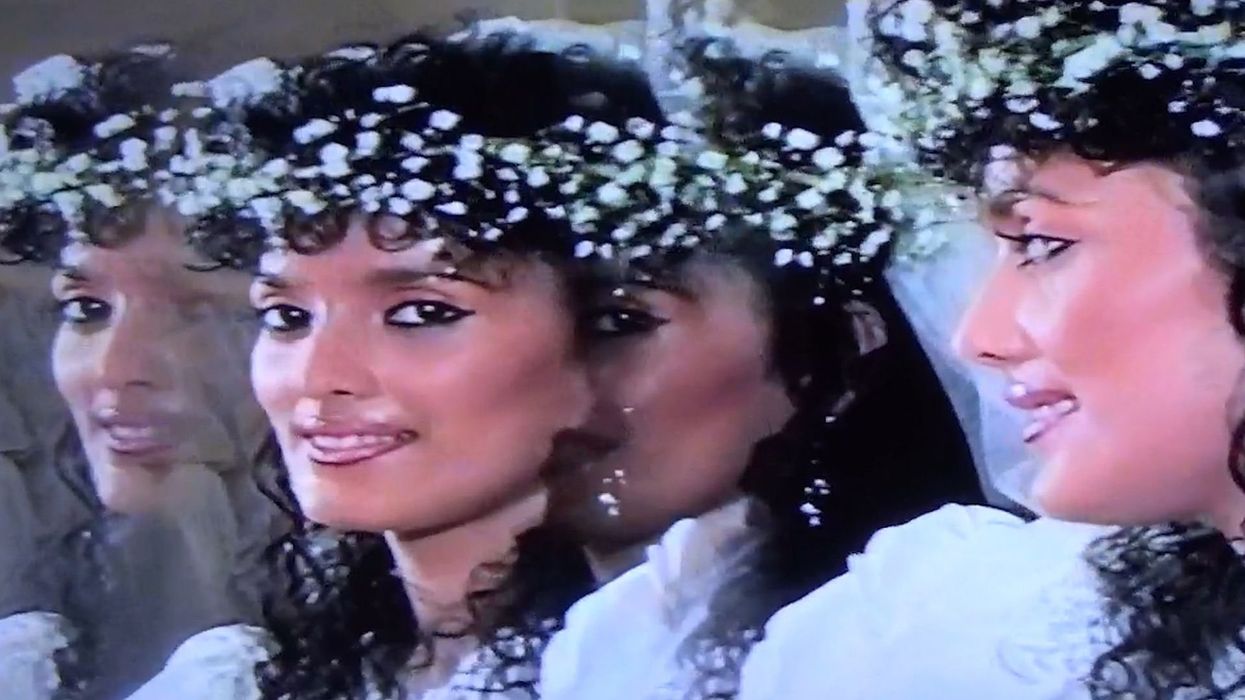
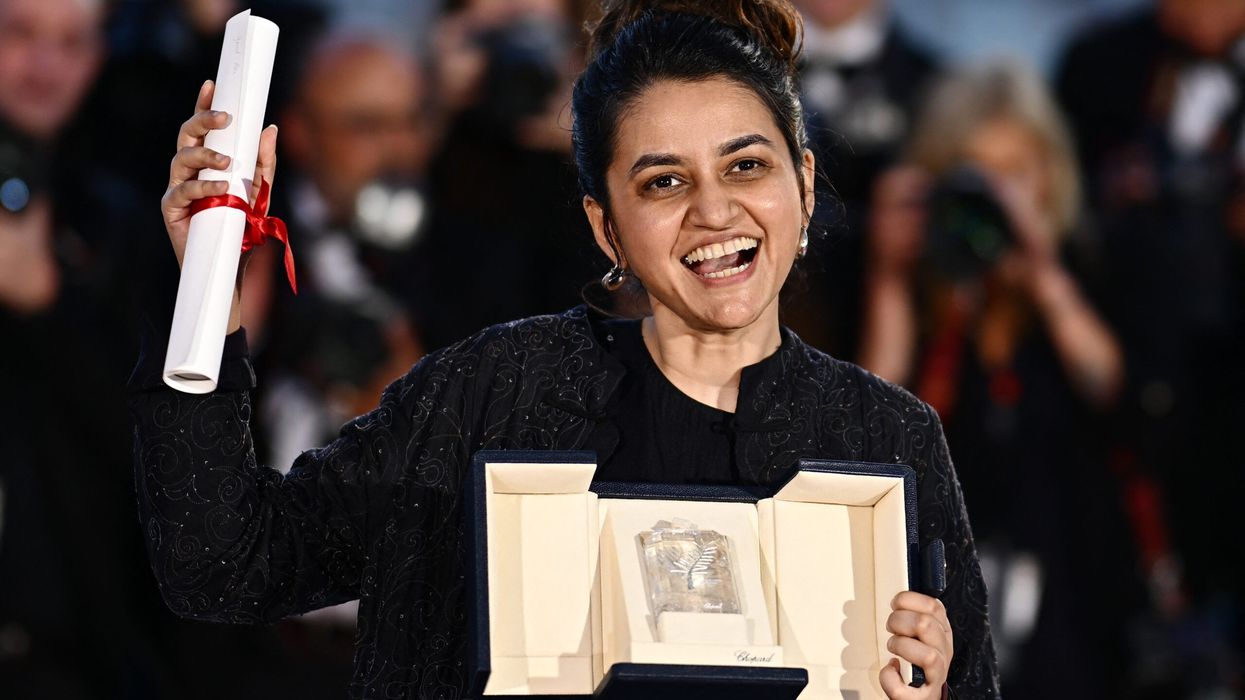
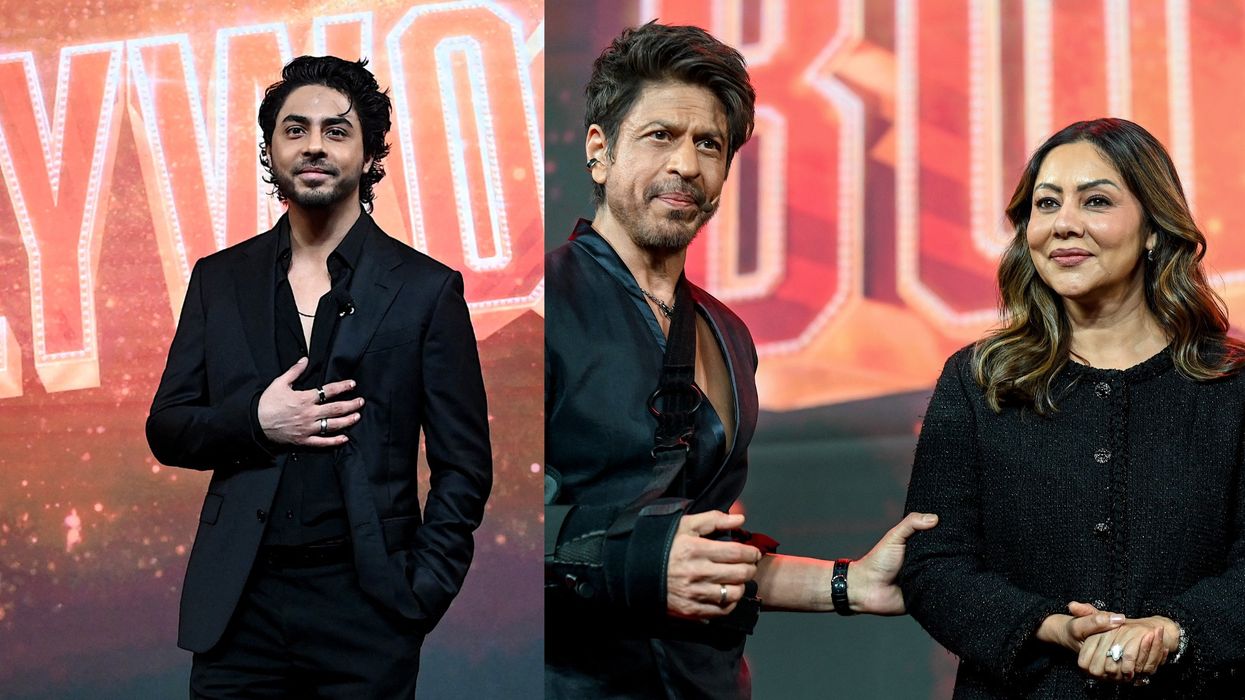
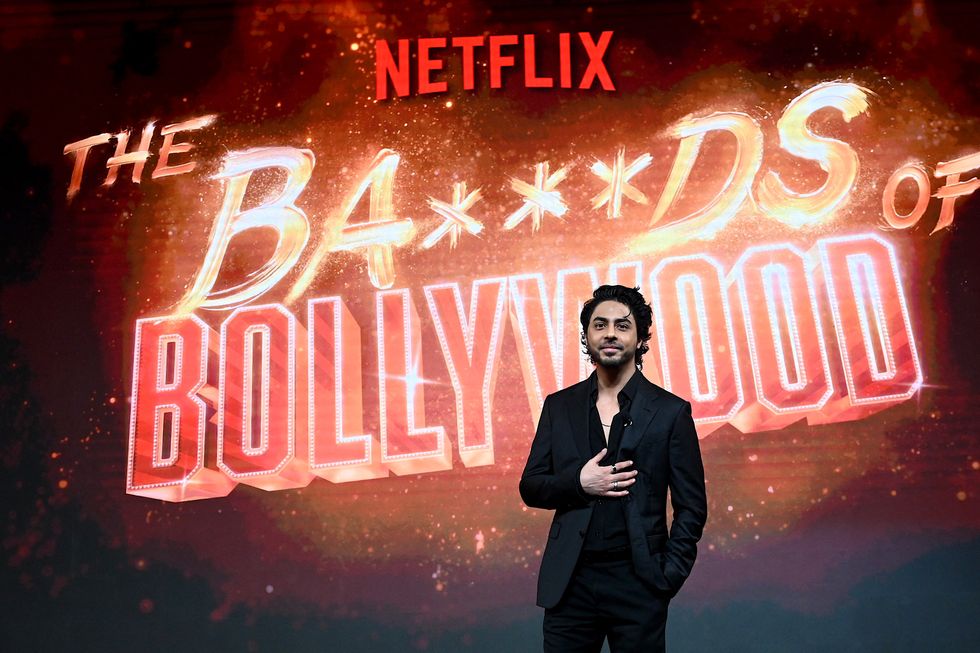 Aryan Khan makes his first public speech at The Ba**ds of Bollywood* preview in Mumbai Getty Images
Aryan Khan makes his first public speech at The Ba**ds of Bollywood* preview in Mumbai Getty Images 
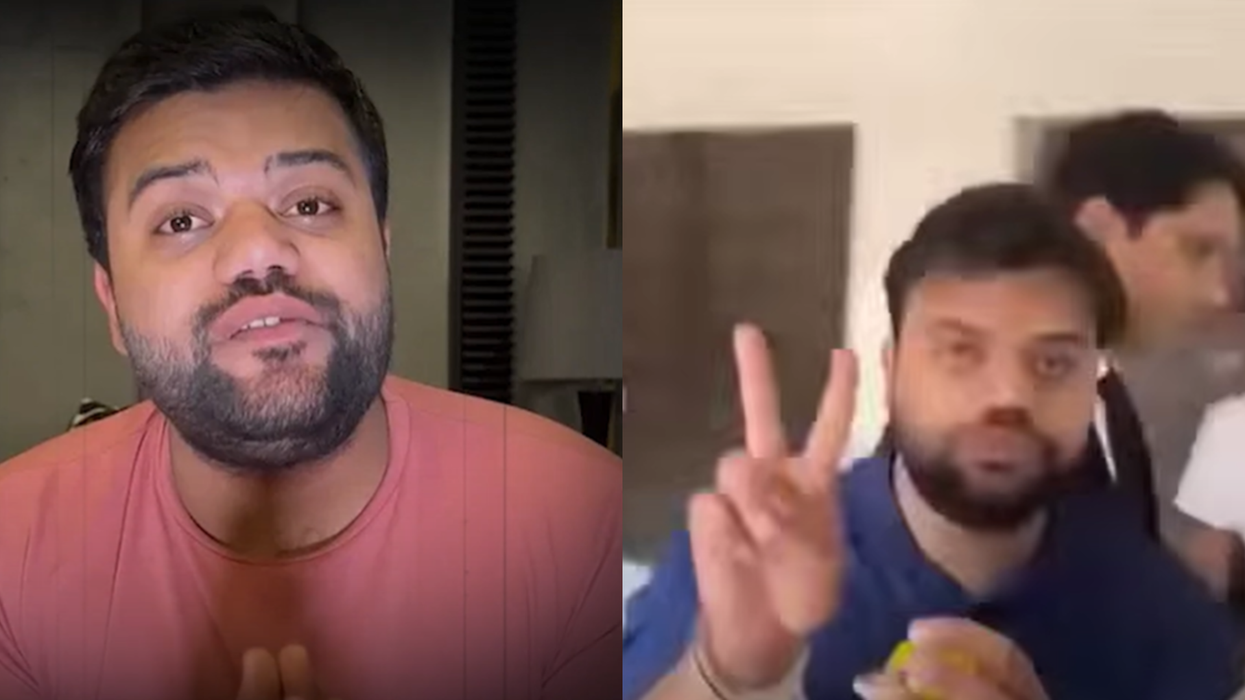
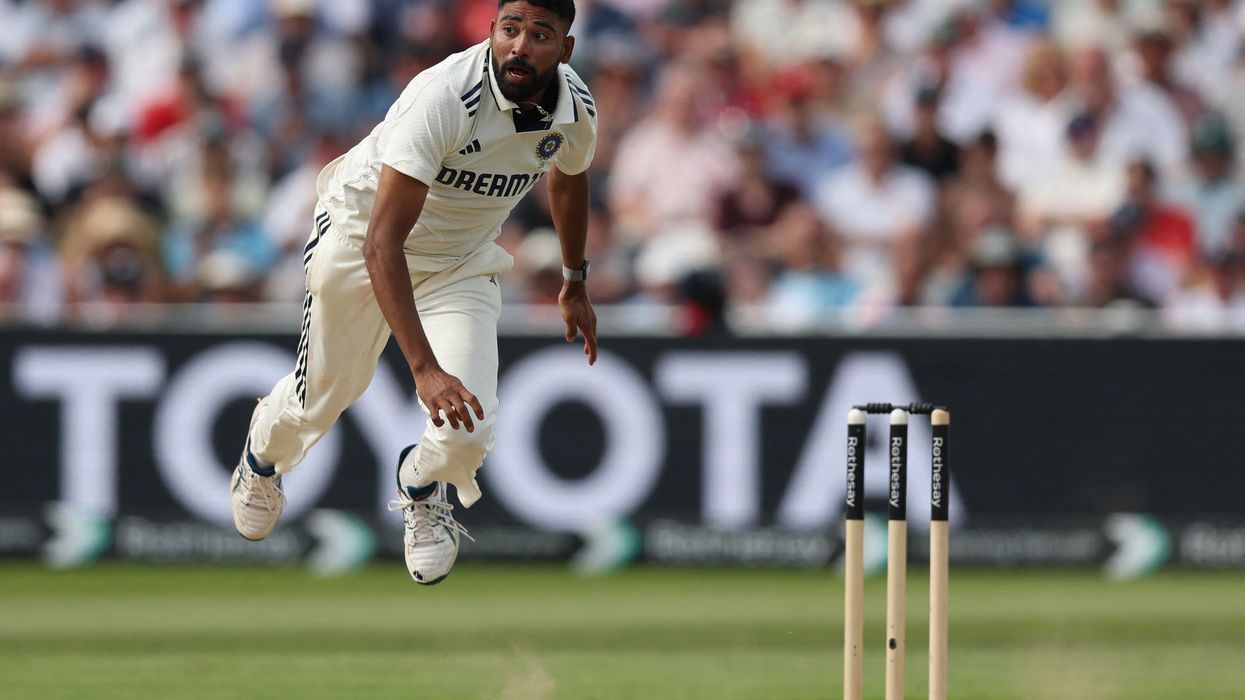
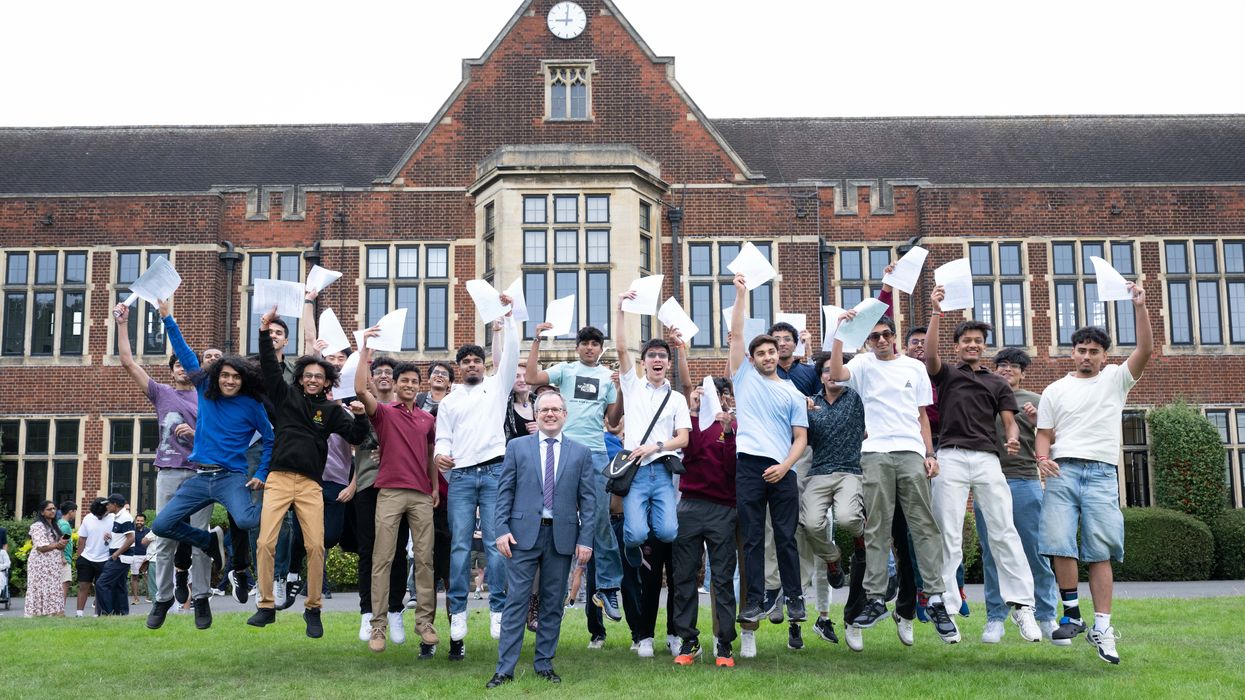



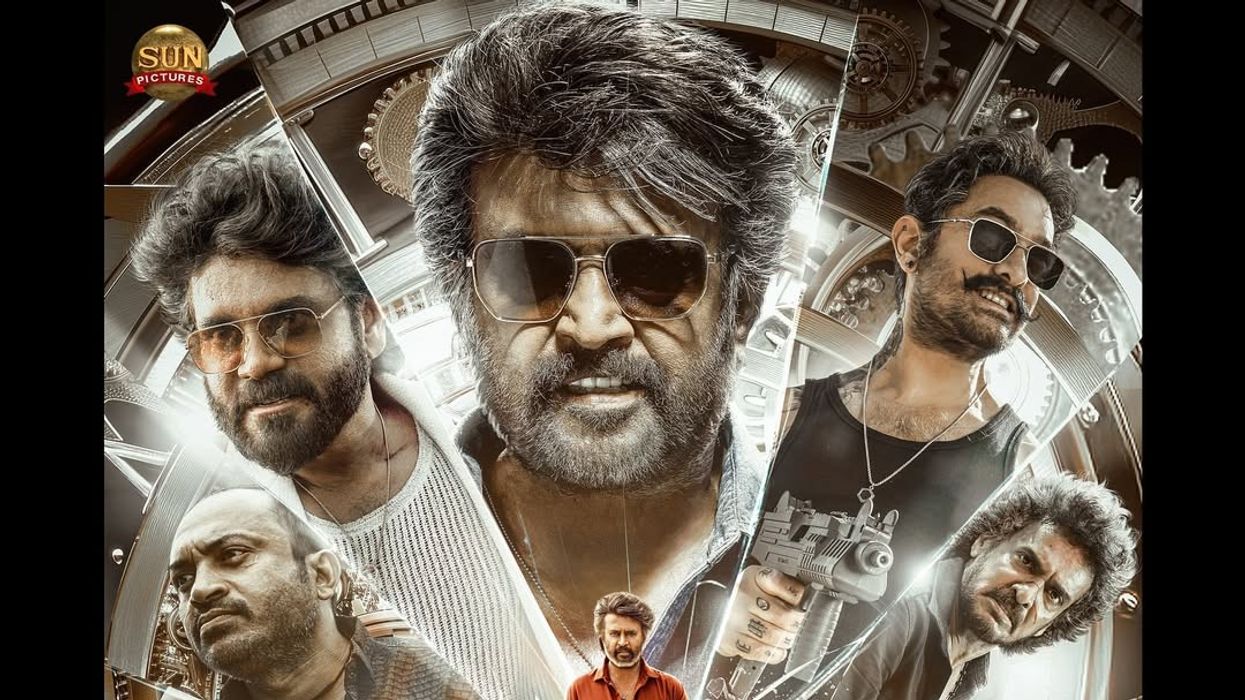


 Charli XCX confirms her next chapter with upcoming A24 film The Moment Getty Images
Charli XCX confirms her next chapter with upcoming A24 film The Moment Getty Images  Charli XCX closes Brat era with final show and teases new film ‘The Moment’Getty Images
Charli XCX closes Brat era with final show and teases new film ‘The Moment’Getty Images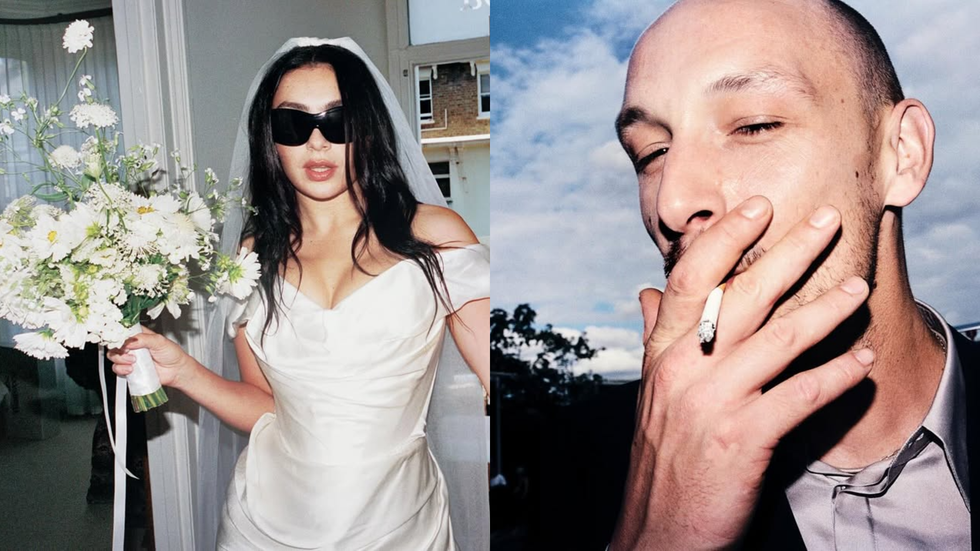 Charli XCX and George Daniel’s wedding photos spark a new alt-pop moodboard Instagram/charli_xcx
Charli XCX and George Daniel’s wedding photos spark a new alt-pop moodboard Instagram/charli_xcx 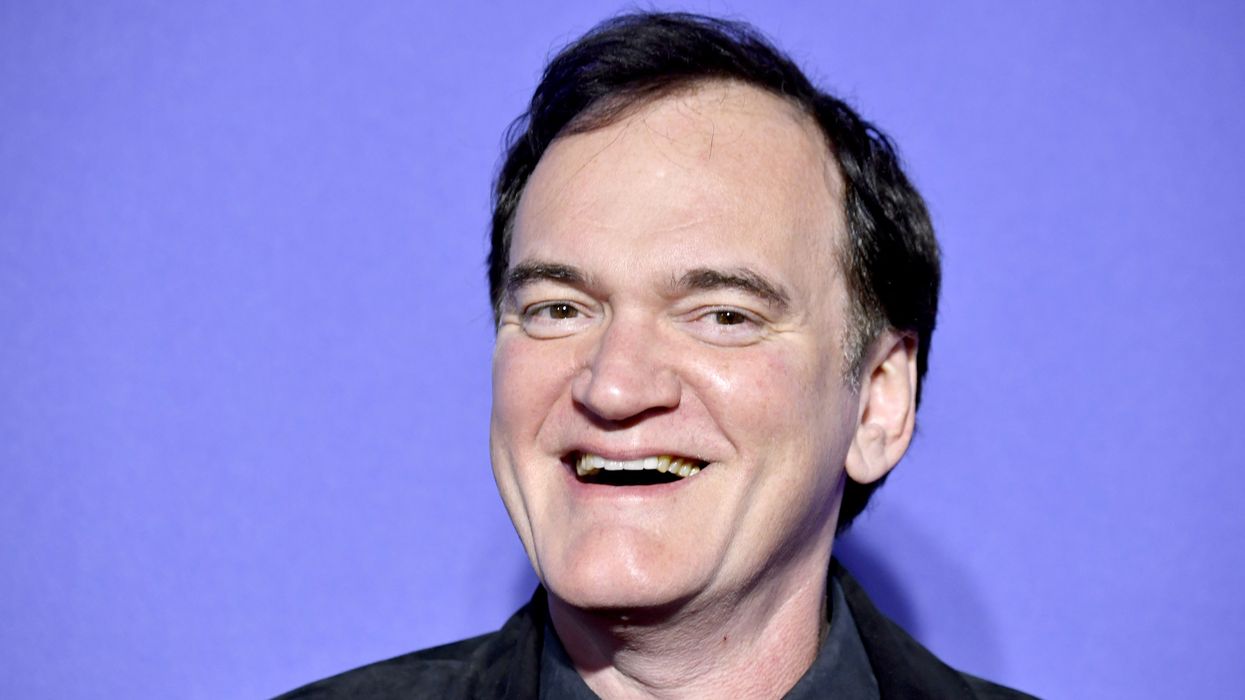
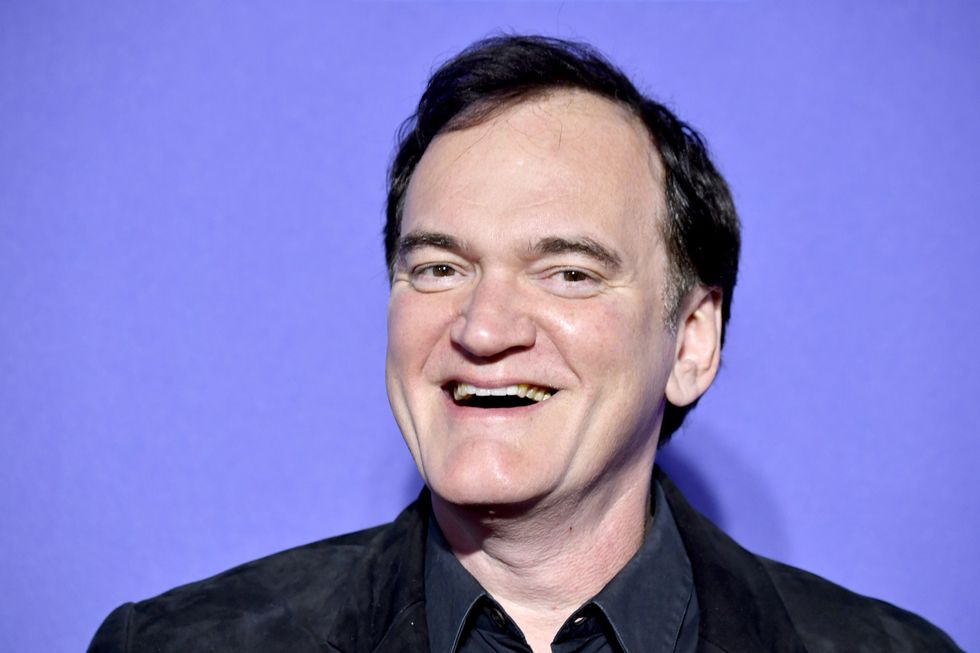 Quentin Tarantino confirms his first West End play debut in London Getty Images
Quentin Tarantino confirms his first West End play debut in London Getty Images 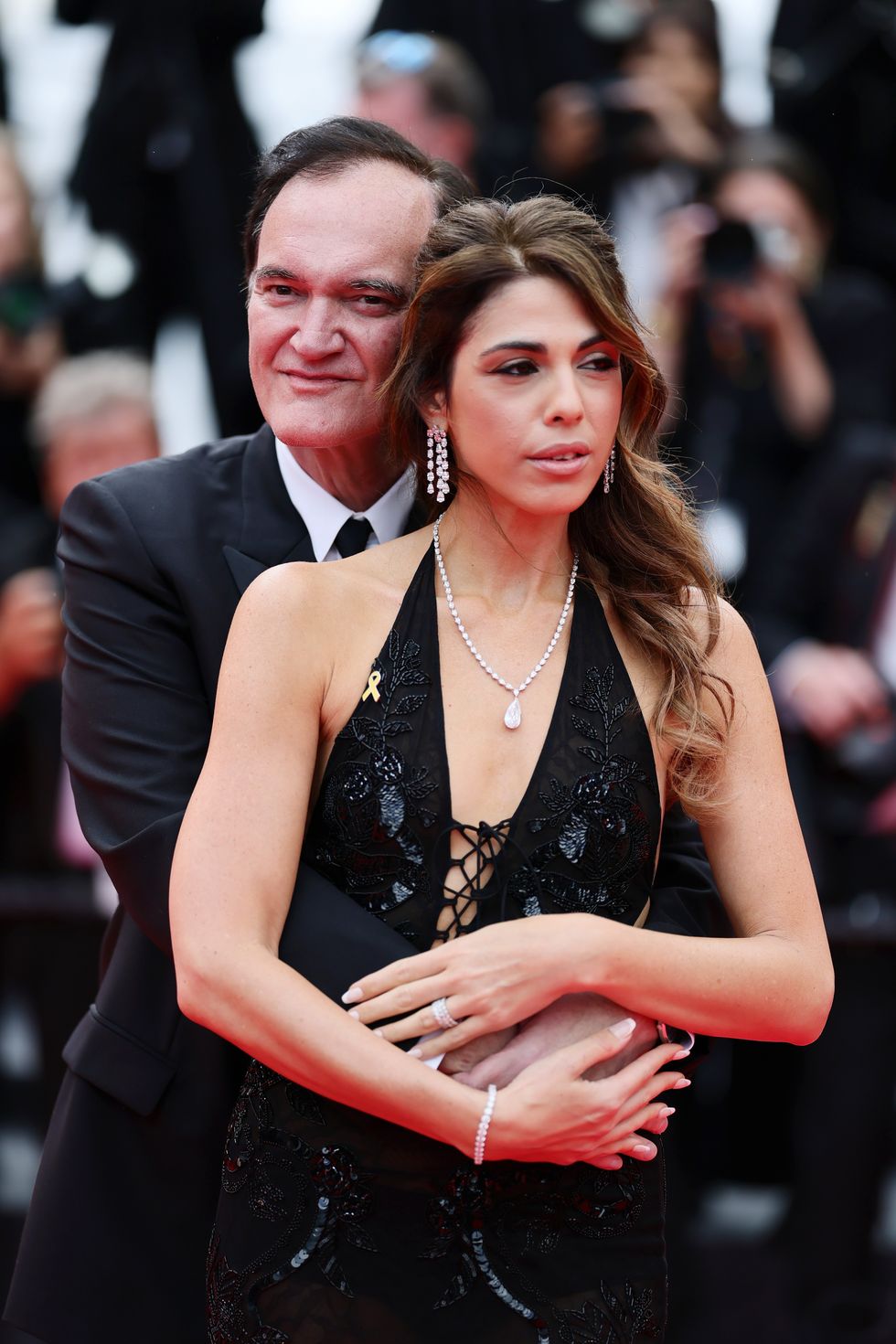 Tarantino plans to relocate with his wife Daniella Pick and children to the UKGetty Images
Tarantino plans to relocate with his wife Daniella Pick and children to the UKGetty Images 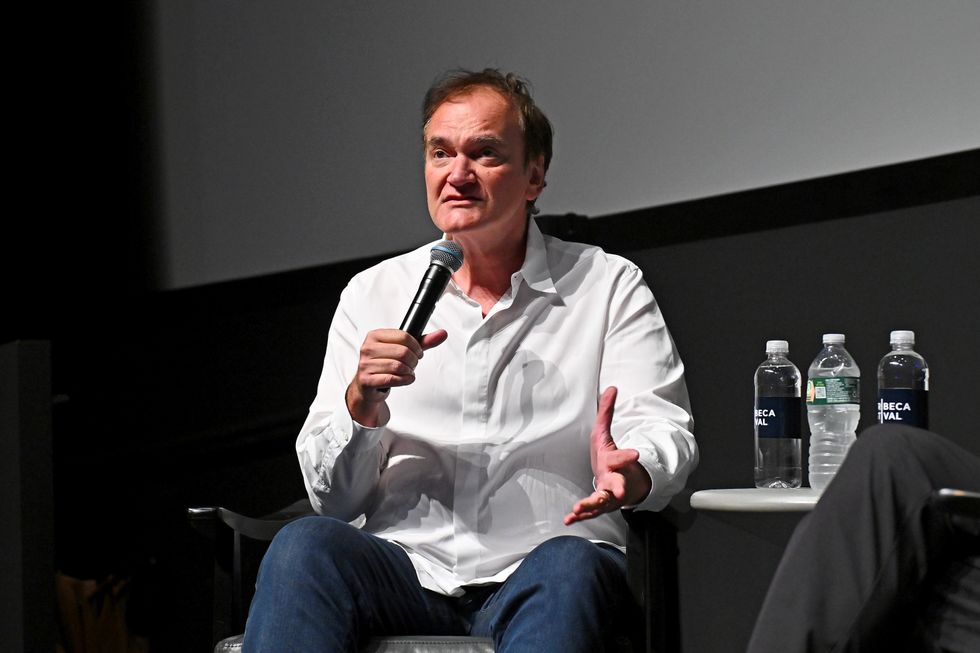 Rehearsals for Tarantino’s West End debut are set to begin in January 2026Getty Images
Rehearsals for Tarantino’s West End debut are set to begin in January 2026Getty Images 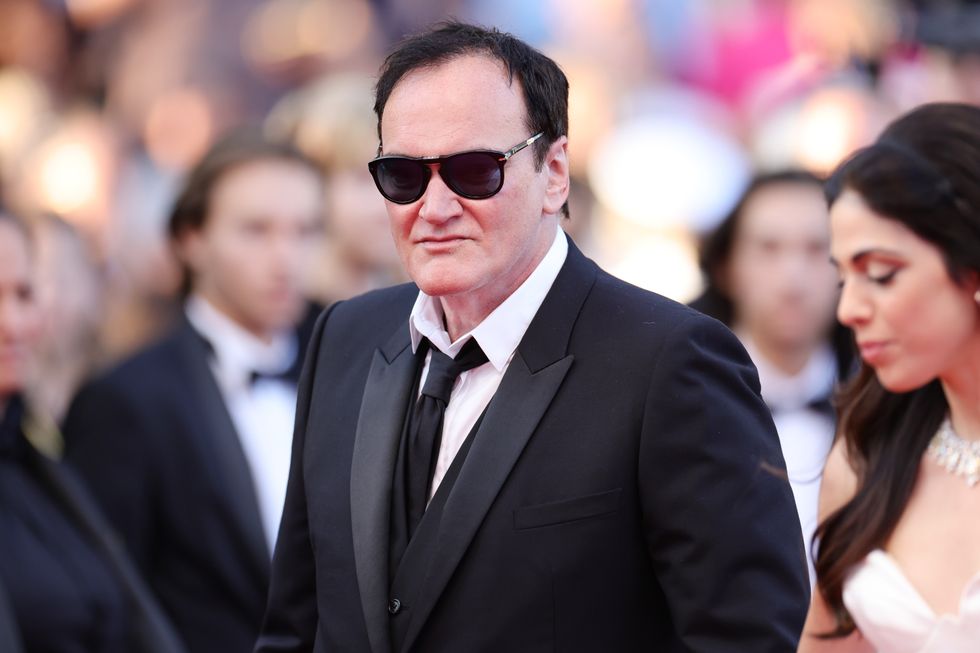 Quentin Tarantino says the play could also be adapted into his final filmGetty Images
Quentin Tarantino says the play could also be adapted into his final filmGetty Images 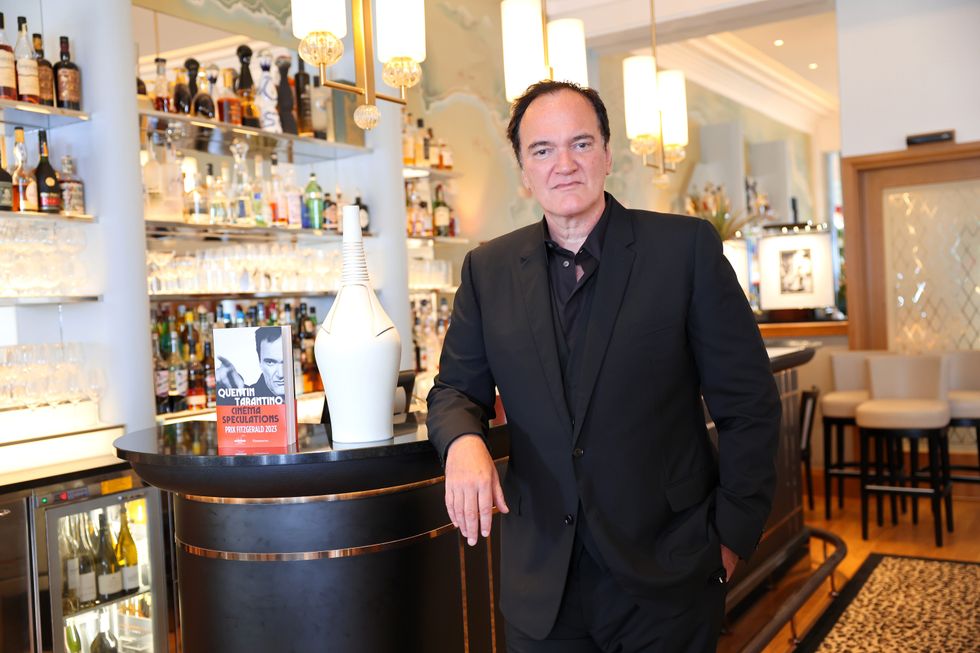 Quentin Tarantino revealed his theatre script is already completeGetty Images
Quentin Tarantino revealed his theatre script is already completeGetty Images 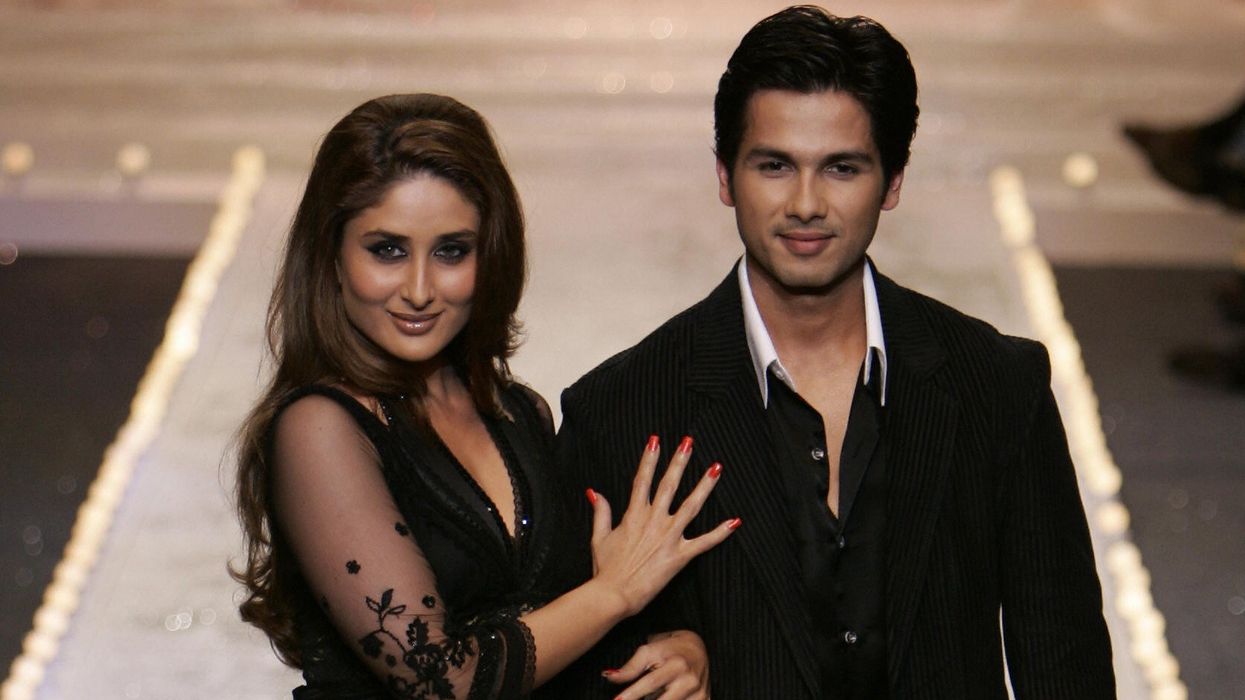
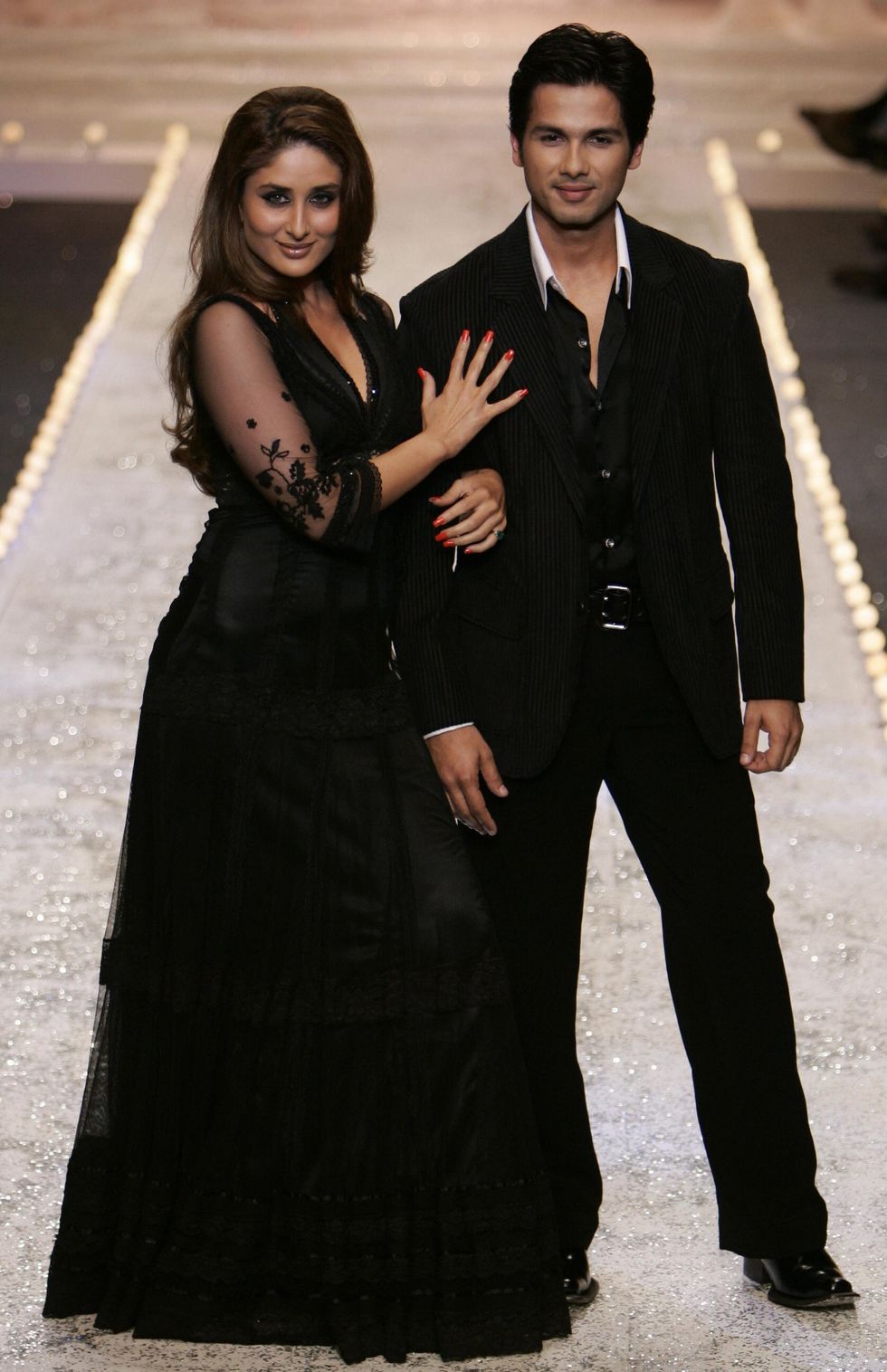 Kareena Kapoor once shared she felt “normal” in her relationship with Shahid Kapoor Getty Images
Kareena Kapoor once shared she felt “normal” in her relationship with Shahid Kapoor Getty Images 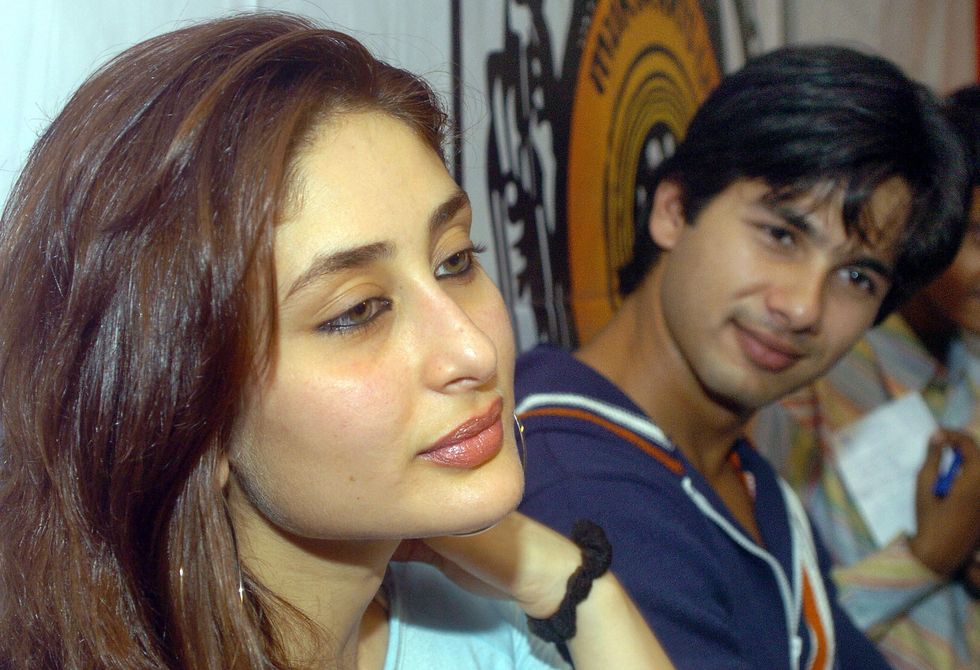 Kareena Kapoor admitted she never joined Shahid on his bike due to fear of speedGetty Images
Kareena Kapoor admitted she never joined Shahid on his bike due to fear of speedGetty Images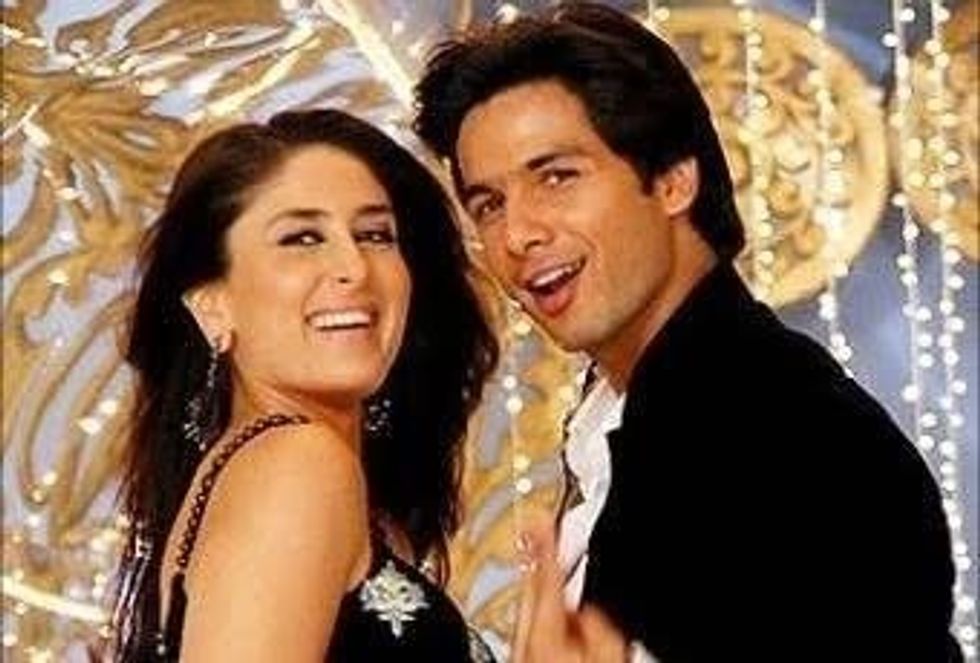 Kareena Kapoor reveals what she cherished most about Shahid Kapoor relationship in resurfaced interviewInstagram/
Kareena Kapoor reveals what she cherished most about Shahid Kapoor relationship in resurfaced interviewInstagram/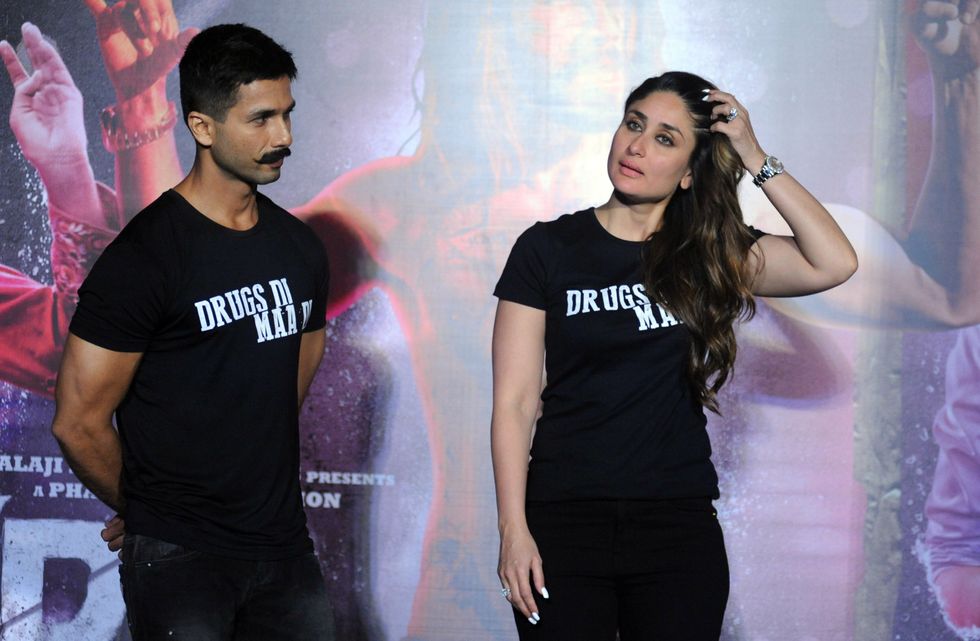 Kareena Kapoor says everyday moments with Shahid Kapoor mattered more than glamour in resurfaced interviewGetty Images
Kareena Kapoor says everyday moments with Shahid Kapoor mattered more than glamour in resurfaced interviewGetty Images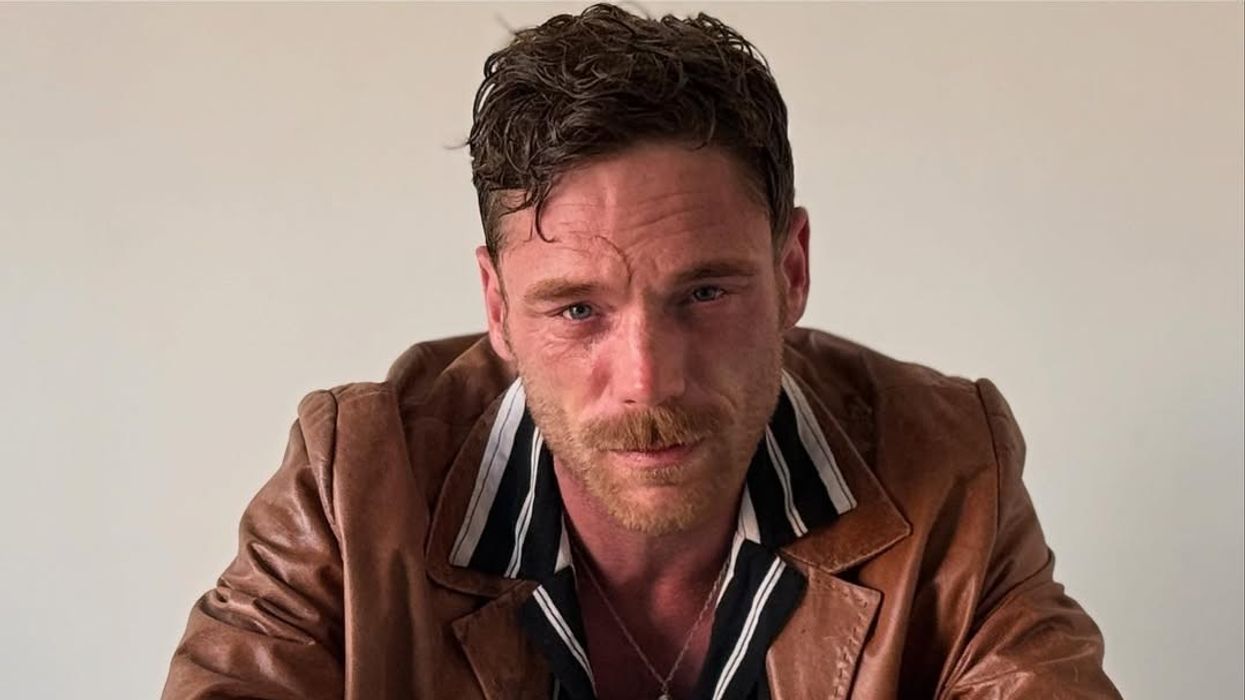
 Scott Rose-Marsh has reportedly auditioned for the next James Bond film Instagram/
Scott Rose-Marsh has reportedly auditioned for the next James Bond film Instagram/ At 37, Rose-Marsh is close to the same age Daniel Craig was when he debuted as 007Instagram/
At 37, Rose-Marsh is close to the same age Daniel Craig was when he debuted as 007Instagram/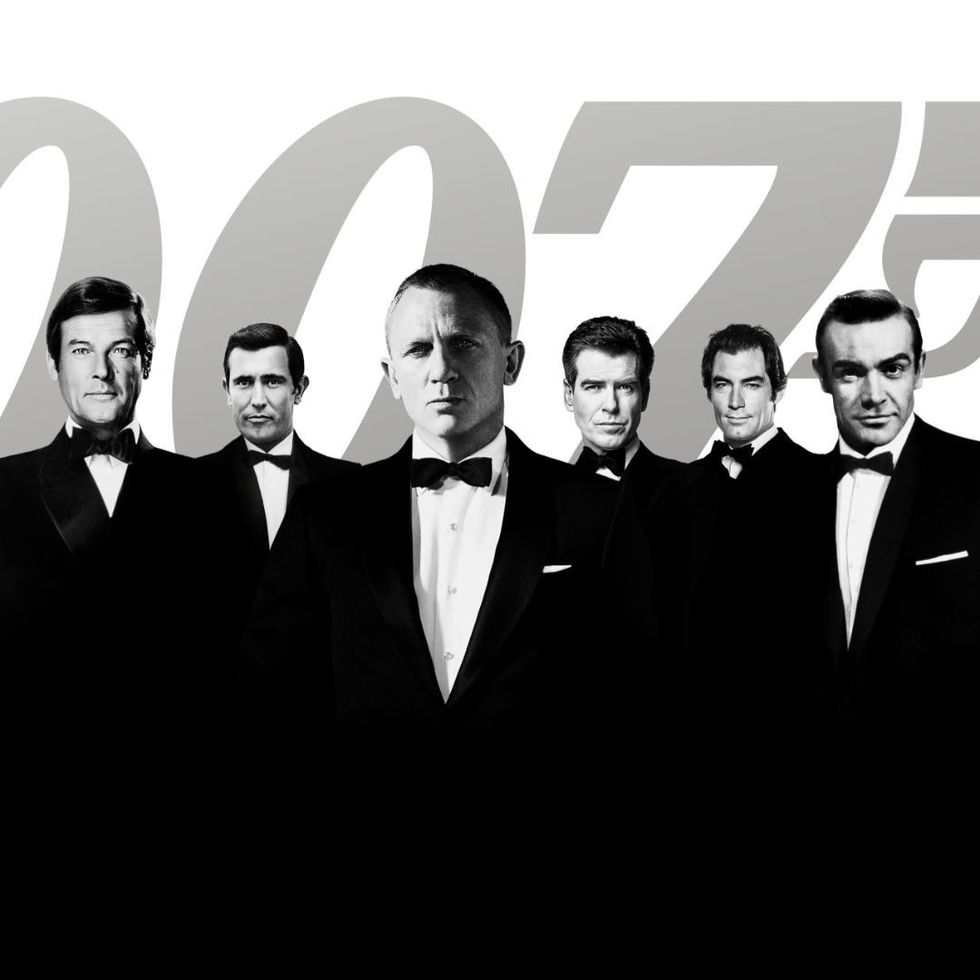 Jeff Bezos\u2019 post on next James Bond shakes the internet after Amazon\u2019s takeover of franchise Instagram/007
Jeff Bezos\u2019 post on next James Bond shakes the internet after Amazon\u2019s takeover of franchise Instagram/007